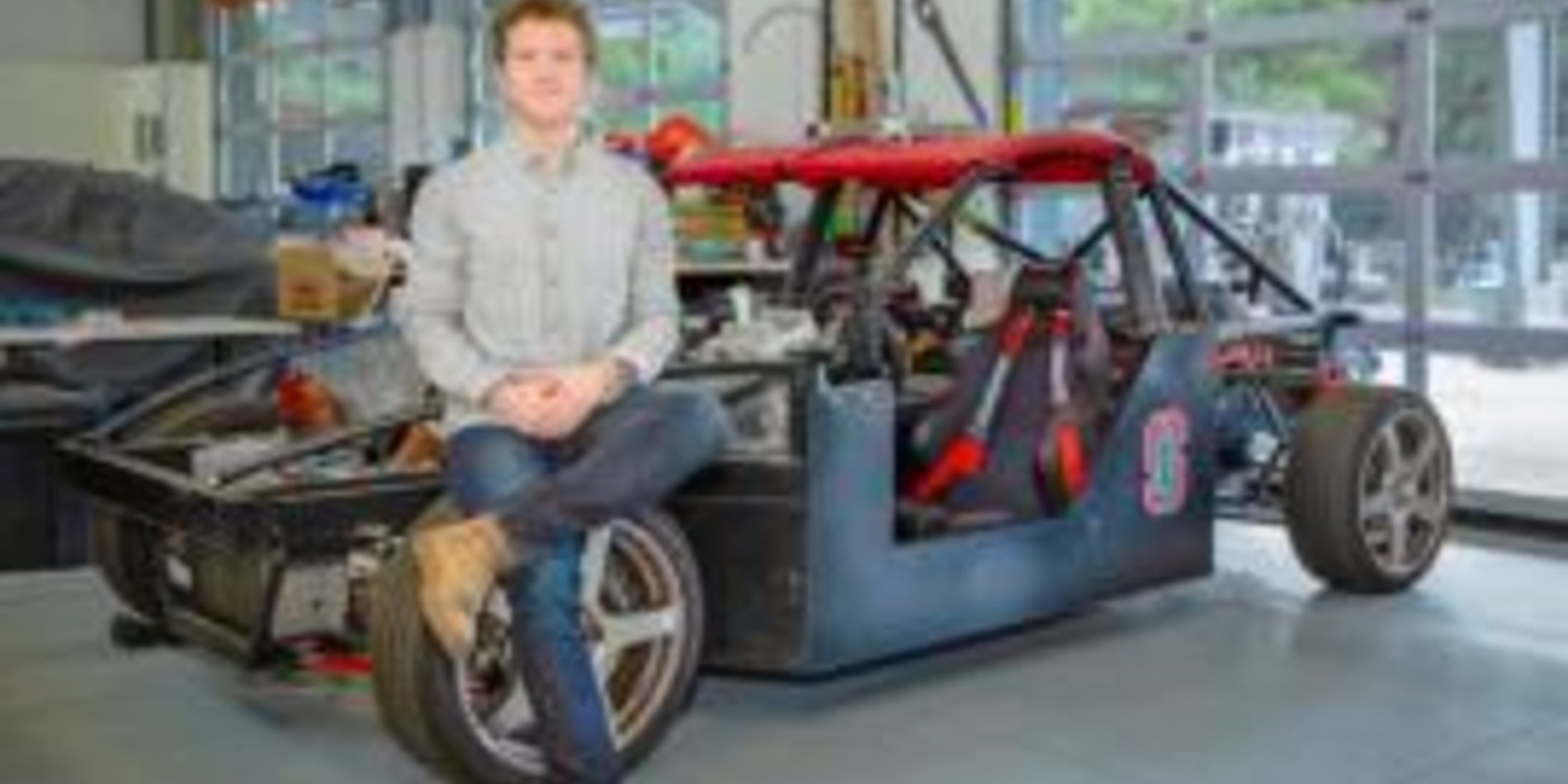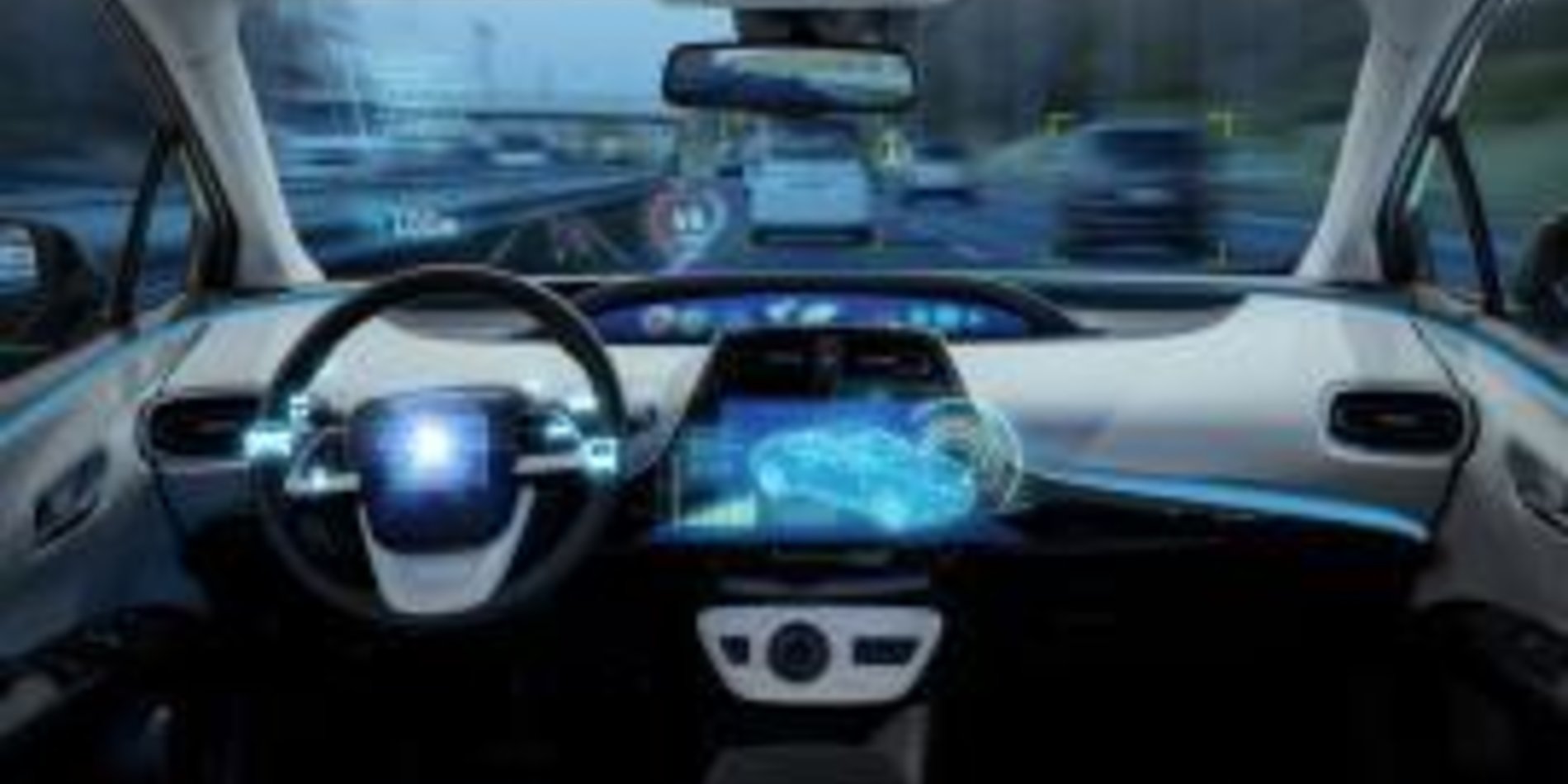Taking back control of an autonomous car affects human steering behavior, Stanford research shows

When human drivers retake control of an autonomous car, the transition could be problematic, depending on how conditions have changed since they were last at the wheel.
There you are, cruising down the freeway, listening to some tunes and enjoying the view as your autonomous car zips and swerves through traffic. Then the fun ends and it becomes time take over the wheel. How smooth is that transition going to be?
Twenty-two drivers put that question to a test – on a track, not a freeway – to find out. The results, which were published in the first issue of Science Robotics on Dec. 6, could help in the design of future autonomous cars.
The researchers, who had a combined expertise in autonomous car design, human-robot interaction research and neuroscience, found that the transition could be rough. Drivers who experienced certain changes in driving conditions since their last time at the wheel, such as changes in speed, since their last time at the wheel had a period of adjustment in their steering.


